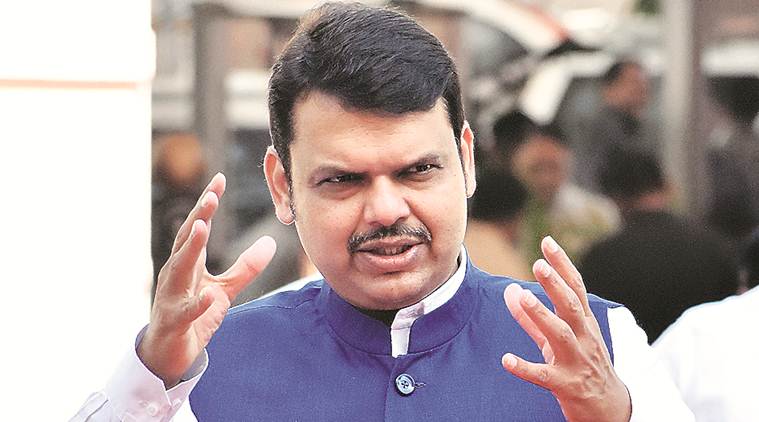
ONE YEAR since over 40,000 farmers, mostly tribals, marched 200 km from Nashik to Mumbai demanding better implementation of the Forest Rights Act (FRA), 2006, despite various measures by the state government’s tribal development department, challenges in implementing the law have in fact grown more onerous.
On the one hand activists working in tribal-dominated regions of Maharashtra say ground-level change with regard to long-pending claims for land titles under the law has been only marginal this year, on the other hand there is fear and anger at the recent Supreme Court order, later stayed, ordering the eviction of lakhs of tribals and other traditional forest dwellers whose claims were rejected.
The high rate of rejection of FRA claims by the middle tier or the Sub Divisional Level Committees (SDLCs) in a three-tier process is borne out by data from the tribal development department. As of January 31, 2019, nearly 11 months since the long march, of a total of 3,62,502 claims for Individual Forest Rights filed with gram sabhas, only 1,25,681 progressed to the third tier, the District-Level Committees (DLCs). A total of 1,19,029 claims were accepted. That is only a marginal increase from data compiled at the end of March 31, 2018 – of 3,59,745 IFR claims, 1,10,786 claims had been accepted.
On Community Forest Rights too, data shows a very slow improvement in numbers. Of 12,037 claims received by the end of January this year, 7,720 were accepted. At the end of March 2018, CFR claims numbered 12,009 of which 7,359 were accepted.
Last March, at the end of the long march, Chief Minister Devendra Fadnavis promised that the process of resolving pending claims and grievances related to FRA would be completed within six months, or by mid-September. The tribal development department subsequently launched the Van Mitra programme to train officials, clear or re-open tens of thousands of pending or erroneously rejected claims and appeals, and various other initiatives.
A year later, not only is the rejection rate hovering around the 60 per cent mark, but tribals and activists also say rejections on technical grounds, or rejections without citing any reason, continue to be rampant, both against the spirit of the law. Indavi Tulpule of the Shramik Mukti Sanghatana, which works with tribals in Thane district, points out that in many cases tribals do not even realise they can appeal, especially when titles are given for a fraction of the land they had laid claim too.
Geetanjoy Sahu, assistant professor at the Tata Institute of Social Sciences’ School of Habitat Studies, says nobody doubts the motive of the government, which has performed better than most other states on FRA implementation.
The Van Mitra programme, appointment of FRA coordinators, etc are all positive means, but there isn’t enough change on the ground over the last year, he says. “On the ground, there is no coordination between SDLC and DLC members, between the tribal development department and the forest department officials,” Sahu says. The post-long march enthusiasm to improve processes under FRA was not matched with follow-up mechanisms, he says. “What Maharashtra needs is more pro-rights bureaucrats, pro-rights within the framework of the what the law prescribes.”
Principal Secretary of the tribal development department Manisha Verma said major measures through the year included the Van Mitra programme to give a fillip especially to clear pendency, regular reviews and monitoring of collectors by the Chief Secretary, providing additional resources to districts, deployment of FRA coordinators where pendency was high and focussed training for members of SDLCs and DLCs. In addition, the state is working to enhance productivity and income generation for FRA beneficiaries in coordination with agriculture and other departments under existing state schemes.